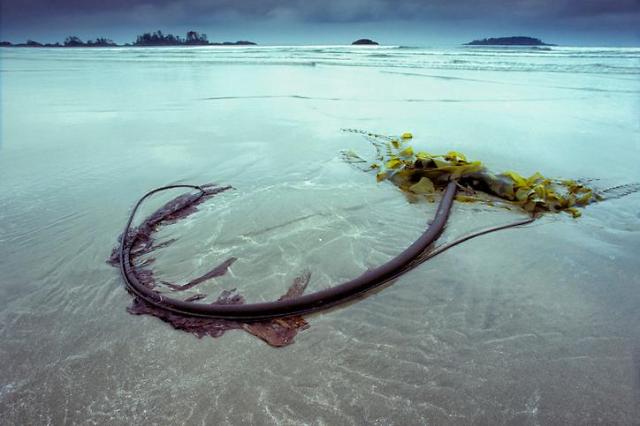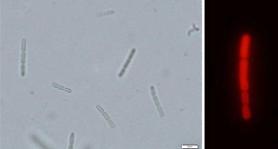
[Gettyimages Bank]
Kelp is a brown algae seaweed that grows up to dozens of meters. The type of seaweed is very abundant on the coastlines of the world. They are widely used in Korean and Japanese diets to make various types of broths. South Korea was the world's fourth-largest seaweed and algae producer in the world in 2019.
Jeonnam Bioindustry Foundation said that its marine research center developed a pet dental care product using an antibiotic material extracted from kelp. The research foundation said that the algae-derived material slows down the growth of streptococcus mutans, a type of microbiome that causes dental cavities. The technology was transferred to a local pet product maker Nonda for mass production.
"This material has various effects in reducing inflammations and bad breath and has anti-aging and antibiotic abilities as well as a lot of minerals, making it useful for the production of pet foods," a Jeonnam Marine Bio Research Center official said in a statement. According to the official, up to 80- percent of pets aged three and older suffer from periodontal diseases.
South Korea's pet industry valued at 1.9 trillion won ($1.4 billion) in 2015 is rapidly growing to reach six trillion won in 2027, thanks to an increase in the number of single-person households which accounted for 31.2 percent of the country's total households of 20 million. Government data showed that about 20 percent of total households have at least one companion pet.
The growth of the pet industry gained momentum in 2020 when a coronavirus pandemic sent many people spending more time at home and getting companion dogs and cats. Some people decided to bring their pets from a nearby animal shelter. The retail wings of major companies including CJ O Shopping, a TV home shopping channel operator, saw a sharp rise in pet product sales.
Copyright ⓒ Aju Press All rights reserved.


